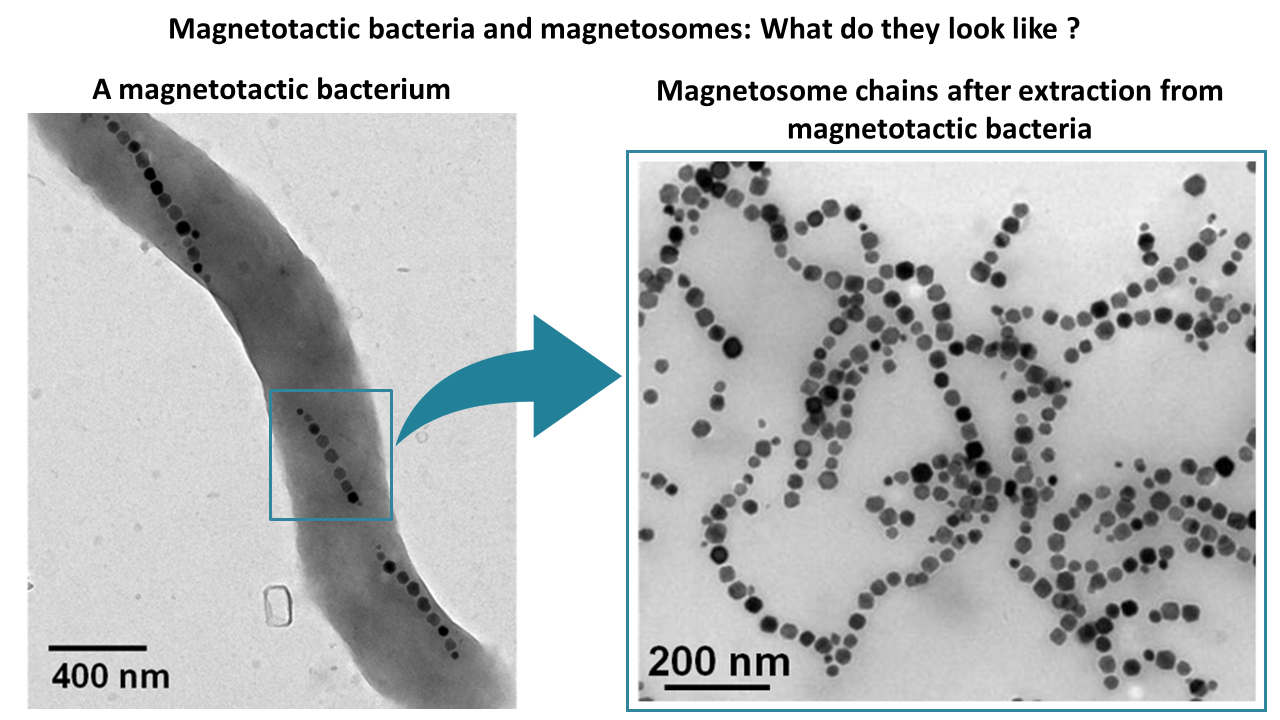POTENTIAL PATH TO CURE THOSE WHO TOOK THE VAX Part 2
Look what I found! From Chinese universities here is an article on regulating the Magnetosome in several key areas that may reduce its function and impact on humans that have taken the vax.
The study abstract indicates Magnetospirillum gryphiswaldense iron uptake can be reduced among others traits of this bacteria. A reduction in iron uptake can mean greater oxygen holding capacity in Red Blood cells and more oxygen for the brain and muscles. This can greatly reduce the loss of motor control and the uncontrollable spasms.
This may not be the final solution, but it does offer possibilities. "Mg2046 is clearly involved in coupled regulation of cellular oxygen, iron and nitrogen metabolism under micro-aerobic or anaerobic conditions."
Read the full article here:
https://www.frontiersin.org/articles/10.3389 (
GONE)
/fmicb.2019.01478/full
Here is a link to amazing images of the magnetic bacteria. Look closely at the caption and visit the links there is a great deal to learn about these bacteria if indeed they are what is in the serum. With a 90% plus match between the bacteria and serum it is likely one of this family of bacteria is the key.
Keep spreading the word, we want this all over the internet.
Dr John
Novel Protein Mg2046 Regulates Magnetosome Synthesis in Magnetospirillum gryphiswaldense MSR-1 by Modulating a Proper Redox Status:
Xu Wang1,2, Haolan Zheng1, Qing Wang1, Wei Jiang1, Ying Wen1, Jiesheng Tian1*, Jianbo Sun2, Ying Li1* and Jilun Li1
1. State Key Laboratory of Agrobiotechnology, College of Biological Sciences, China Agricultural University, Beijing, China
2. Guangdong Provincial Key Laboratory of Stomatology, Guanghua School of Stomatology, Hospital of Stomatology, Sun Yat-sen University, Guangzhou, China
Magnetotactic bacteria (MTB) are a large, polyphyletic group of aquatic microorganisms capable of absorbing large amounts of iron and synthesizing intercellular nano-scaled nanoparticles termed magnetosomes. In our previous transcriptomic studies, we discovered that a novel gene (MGMSRv2_2046, termed as mg2046) in Magnetospirillum gryphiswaldense strain MSR-1 was significantly up-regulated during the period of magnetosome synthesis. In the present study, we constructed a MSR-1 mutant strain with deletion of mg2046 (termed ?mg2046) in order to evaluate the role of this gene in cell physiological status and magnetosome formation process. In comparison with wild-type MSR-1, ?mg2046 showed similar cell growth, but much lower cell magnetic response, smaller number and size of magnetosomes, and reduced iron absorption ability. mg2046 deletion evidently disrupted iron uptake, and redox equilibrium, and strongly inhibited transcription of dissimilatory denitrification pathway genes. Our experimental findings, taken together with results of gene homology analysis, indicate that Mg2046 acts as a positive regulator in MSR-1 under microaerobic conditions, responding to hypoxia signals and participating in regulation of oxygen metabolism, in part as a co-regulator of dissimilatory denitrification pathway with oxygen sensor MgFnr (MGMSRv2_2946, termed as Mg2946). Mg2046 is clearly involved in coupled regulation of cellular oxygen, iron and nitrogen metabolism under micro-aerobic or anaerobic conditions. Our findings help explain how MSR-1 cells initiate dissimilatory denitrification pathway and overcome energy deficiency under microaerobic conditions, and have broader implications regarding bacterial survival and energy metabolism strategies under hypoxia.
Owen R. Fonorow
HeartCURE.Info CARDIO-C.COM VITC-STORE.COM
LifeWave.COM/vitamincfoundation (Partner ID 2486278)
LifeWave.COM/inteligentVitaminC (Partner ID 2533974)


